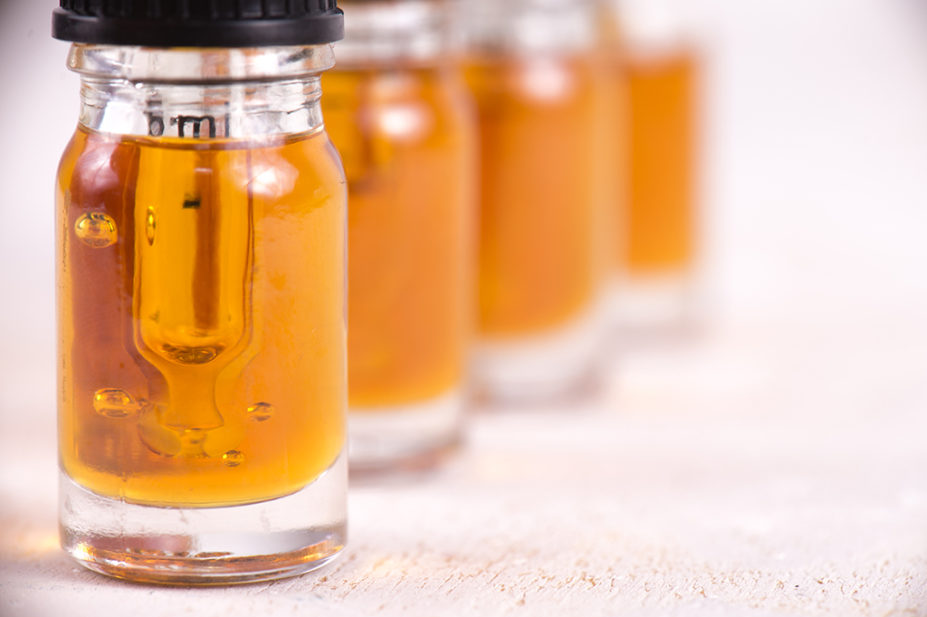
Shutterstock.com
Medical cannabis treatment is generally safe for patients with cancer and can potentially reduce the burden of associated symptoms, including pain, without major adverse effects, a study has concluded
An analysis of data from 324 patients with cancer in Israel prescribed medical cannabis — supplied as an oil for oral application or inhalable substance — found that most cancer-related symptoms improved significantly over six months.
The researchers looked at several pain measures, which showed showed significant improvement, with most patients reporting some reduction in pain intensity, the researchers wrote in Frontiers in Pain.
Of the 126 patients prescribed medical cannabis that were still being followed up at six months, 40% who reported they had been using analgesics, including opioids, at the start of the study, were no longer using them.
Overall, the patients’ cancer symptom burden reduced significantly over six months by a median of 18%.
Medical cannabis was well tolerated and safe, when assessed at one, three and six months, the researchers added. The most frequently reported adverse effects were dizziness and tiredness.
However, about 20% of patients reported either no change in their pain intensity from baseline or an increase in pain intensity, suggesting that not everyone responds to the treatment in the same way and more research is needed to identify the patients who would most benefit, they concluded.
Pain, along with depression, anxiety and insomnia, are some of the most fundamental causes of oncology patients’ disability and suffering while having treatment for their cancer and may even lead to worsened prognosis, said David Meiri, assistant professor at the Technion Israel Institute of Technology.
“Traditionally, cancer-related pain is mainly treated by opioid analgesics, but most oncologists perceive opioid treatment as hazardous, so alternative therapies are required,” he said.
“Our study is the first to assess the possible benefits of medical cannabis for cancer-related pain in oncology patients; gathering information from the start of treatment, and with repeated follow-ups for an extended period of time, to get a thorough analysis of its effectiveness.”
Meiri would like future studies to dig deeper and look at the effectiveness of medical cannabis in different groups of patients with cancer, as their research had included a wide range of patients and cancer types.
“Future studies should investigate the level of effectiveness of medicinal cannabis in specific subgroups of cancer patients with more shared characteristics,” he added.
Commenting on the study, Martin Ledwick, head information nurse at Cancer Research UK, said: “Medical use of cannabis is approved in the UK to treat cancer-related chronic pain.
“Research like this adds to the body of evidence, which will help clinicians decide when it is appropriate to use medical cannabis and its derivatives as more evidence becomes available.”
He added that Cancer Research UK was supportive of properly conducted scientific research into cannabis and any benefits it might have for people affected by cancer.
“But further trials are needed to understand whether cannabis-containing products are safe and effective in treating cancer.”
In 2021, an international expert panel issued only a “weak” recommendation to offer a trial of non-inhaled medical cannabis, or cannabinoids, for people with chronic pain, if standard care is not sufficient.


